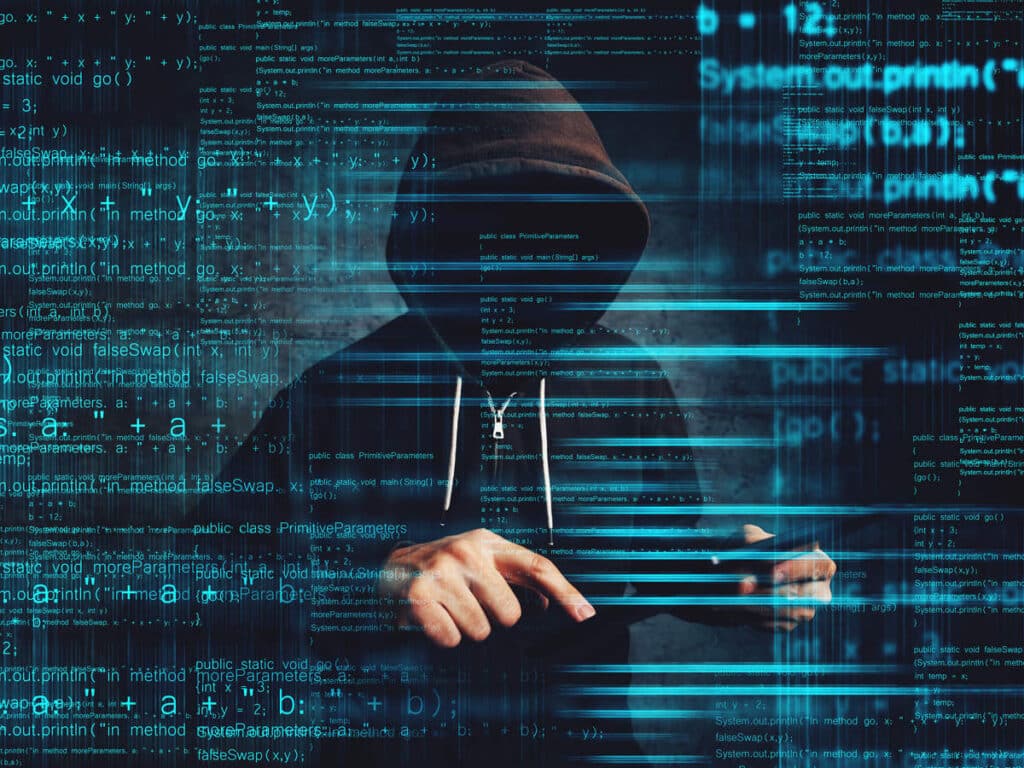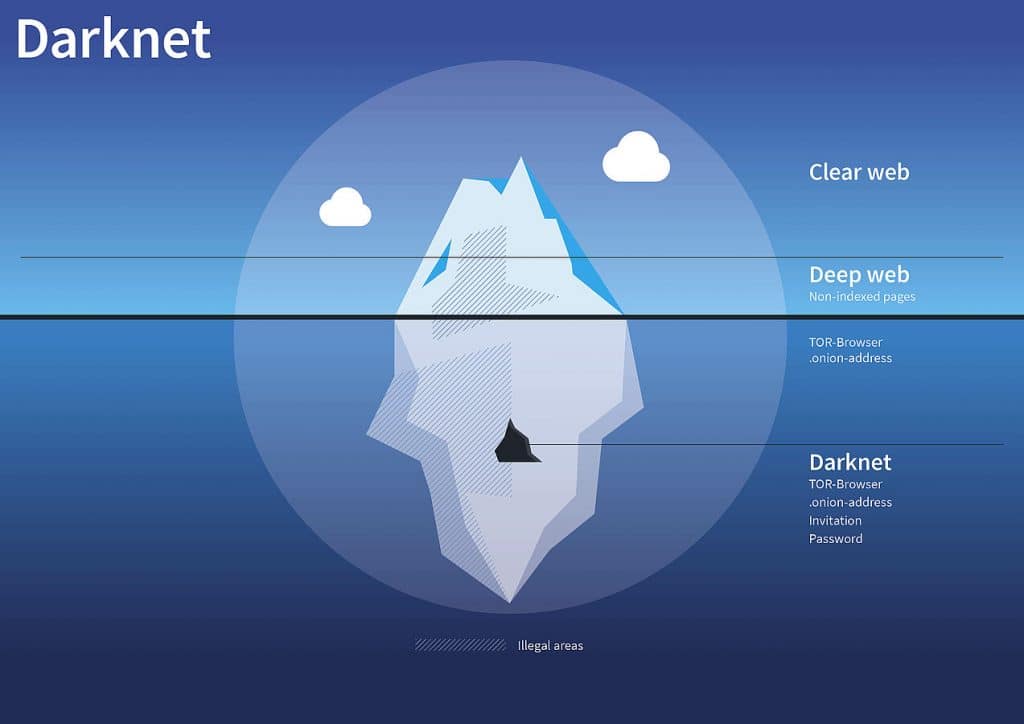Since its beginnings, the Darknet has been a popular subject of discussion in internet media. For a long time, there have been a lot of misunderstandings and disputes around the channel, and I’m not about to claim that the darknet is the internet’s most important channel or that anonymized web browsing is a bad thing.
If you’ve ever read “1984,” by George Orwell, then you’ll realize that the dystopian future depicted in the novel is one where the authorities monitor every aspect of our lives, and the frightening lines “BIG BOTHER IS WATCHING YOU” are a constant reminder of that fact. So we’ve seen the long arms of administrations and the extent they travel to preserve information via the exposes of dissidents like Edward Snowden as well as Julian Assange, right?
Those who feel that the goal warrants the tactics do so because they argue that violence breeds violence. George Orwell’s dystopian novel 1984 serves as a powerful metaphor for the implications of political overreach, which will lead to an increase in the use of privacy-enhancing methods, but accessing the darknet is a small step to perfect obscurity.
The Vastness of Dark Web
The number of servers on the darknet may be dispersed and not all of them are currently known, thus it is impossible to know exactly how big it is. Many experts, however, believe that the petabytes of information that will be made publicly accessible will only account for 4% of the total amount of knowledge already circulating on the internet. The following image, created by an unknown artist, shows the vastness of the darknet.
The darknet isn’t unlawful, so is it? In principle, it is legal to “surf” the dark web on your own, unless you’re searching for illicit content-hosting websites (e.g. child pornography, human trafficking sites). Obviously, if you do this on a regular basis, it is considered a criminal. However, is the darknet just used for illegal substances and pornography? According to speculations, even the real WikiLeaks site, and its conversation forums are only accessible through a search engine on the deep web only if you know which doors to knock on.
Following Edward Snowden’s disclosures, the proportion of individuals adopting different privacy-enhancing programs has steadily increased. Approximately two and three million people employ the Tor browser every day, most of them for lawful purposes. Take Ethereum, which aims to unite the hard drives of millions of machines across the globe and create a decentralized Web that no one actually manages.
Using a related set of principles, a program named MaidSafe also operates. Twister, to name only a few. This means that the darknet would no longer be recognized as a destination primarily for criminal activity; rather, it might constitute the go-to alternative for everyone.



